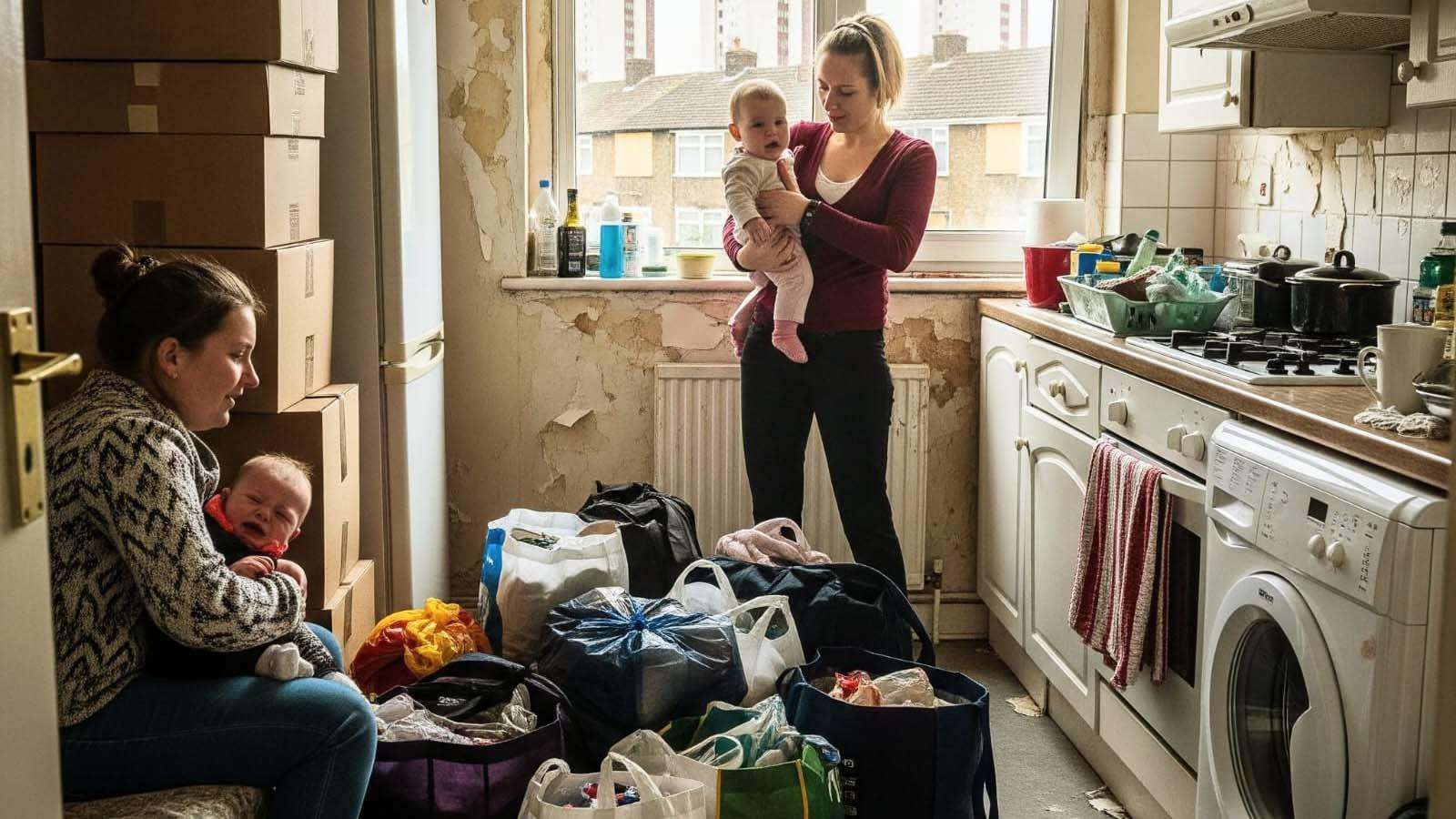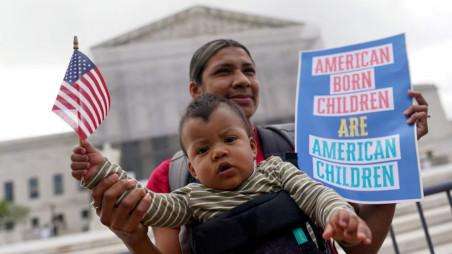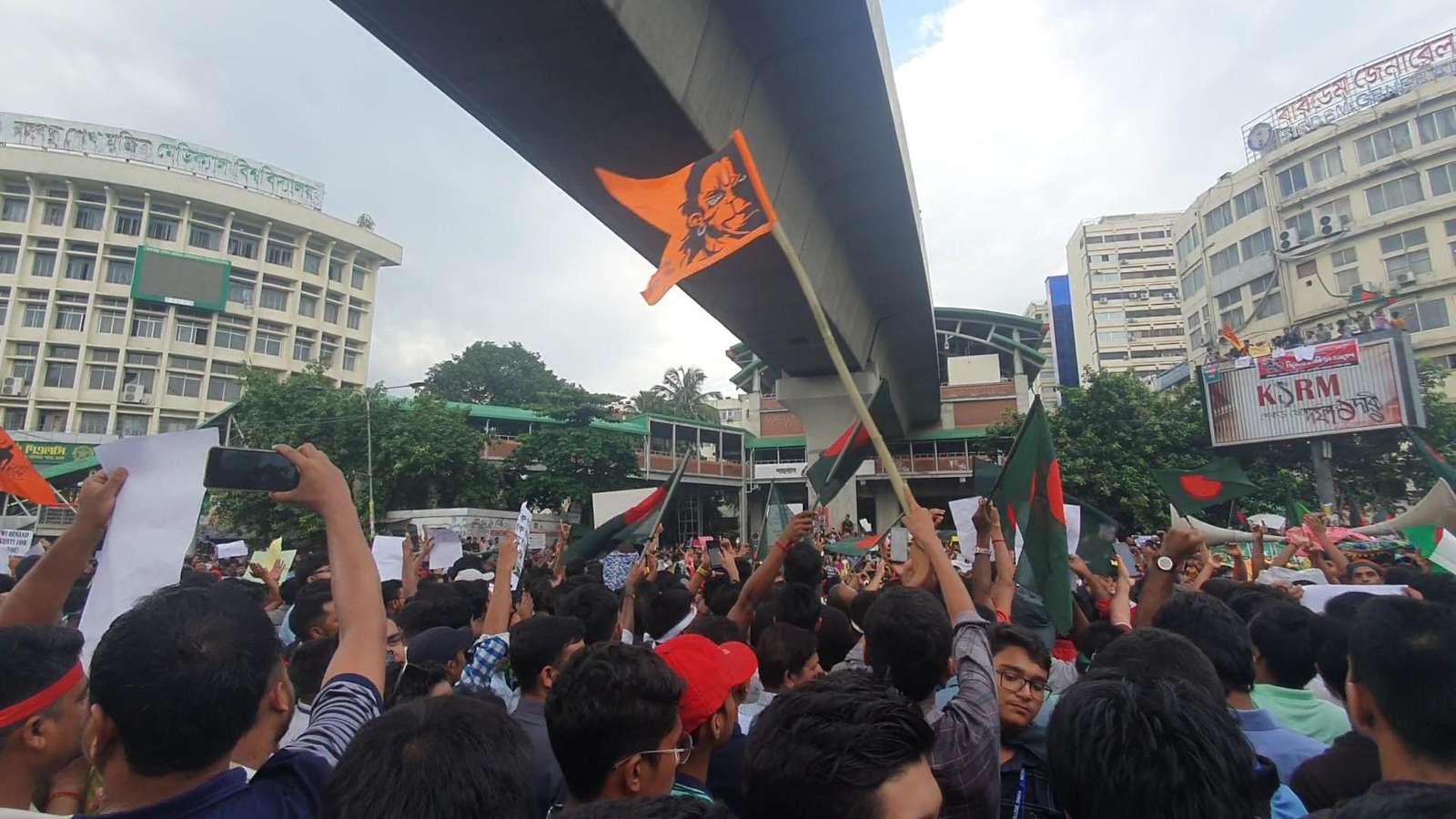Masoud Rahimi Mehrzad’s father was in a remote region of Iran when he received the devastating news he had long feared: his son was scheduled to be executed in Singapore’s Changi Prison.
According to sources, he was unable to make the arduous journey to see his son in person for the final time because of his failing health and the fact that he only had a week's notice before his execution at dawn on November 29.
Rather, the father and son made their last communication during a long-distance phone call.
Masoud was executed on the last Friday in November, over 14 years after his initial arrest for narcotics offences, despite a last-ditch legal battle.
Masoud, 35, was Singapore's ninth hanging victim this year.
“With four executions in November alone, the Singaporean government is relentlessly pursuing its cruel use of the death penalty,” said Bryony Lau, Deputy Director for Asia at Human Rights Watch.
Anti-death penalty campaign groups believe that about 50 inmates are currently on death row in Singapore.
Despite opposition from prominent human rights groups and United Nations experts, Singapore claims that capital punishment has been “an effective deterrent” against drug traffickers and ensures the city-state is “one of the safest places in the world”.
A group of UN experts said in a joint statement last month that Singapore should “move from a reliance on criminal law and take a human rights-based approach in relation to drug use and drug use disorders”.
Stories of the plight of death row inmates generally come from activists, who work tirelessly to fight for the rights of those facing the ultimate punishment.
The recent wave of executions has now left them shaken.
“It’s a nightmare,” says Kokila Annamalai, a prominent anti-death penalty campaigner with the Transformative Justice Collective (TJC).
Her work has led her to form a close bond with many death row prisoners.
“They’re more than just people we are campaigning for. They’re also our friends, they feel like our siblings. It’s been very difficult for us personally,” Annamalai told Al Jazeera.




_1.jpg)



.svg)


